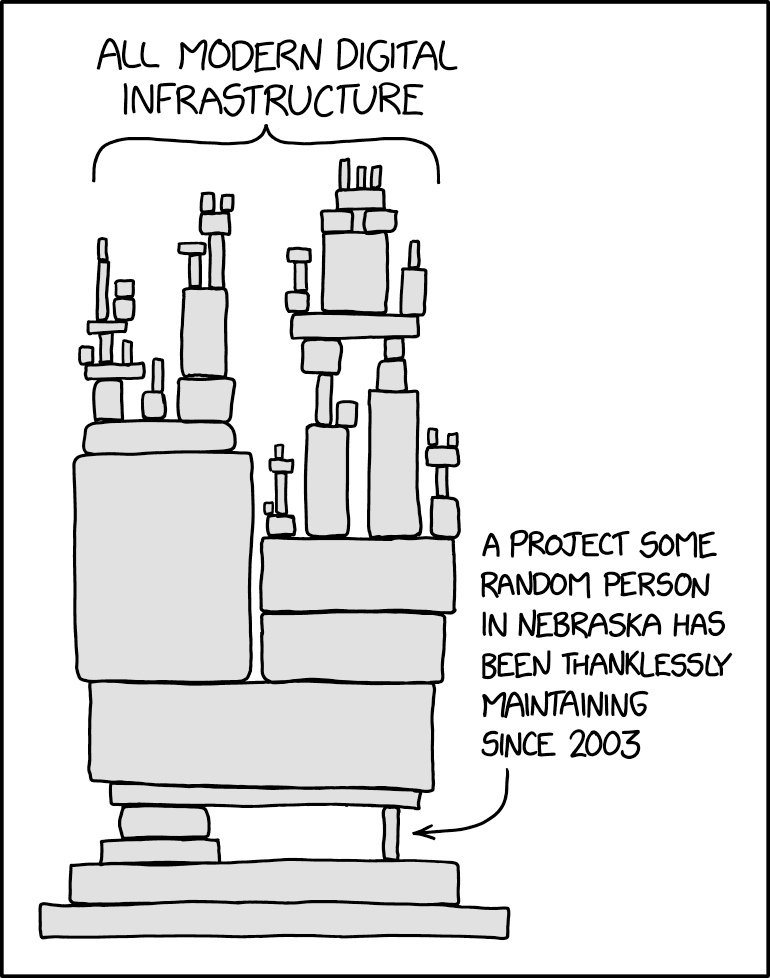I recently read the ‘Resigning as Asahi Linux project lead’ post, and it hit home hard. Another brilliant developer burned out by the relentless demands of maintaining open-source software.
Hector Martin (marcan) spent years bringing Linux to Apple Silicon - an incredible technical achievement - only to walk away exhausted and disillusioned.
This story repeats with depressing regularity across the open-source landscape. Passionate developers create something valuable, share it freely with the world, and then watch as their gift becomes a burden that consumes their life.
What begins as a labor of love transforms into unpaid technical support. Users file bug reports as if they’re paying customers, demanding immediate fixes and new features while contributing nothing themselves. The Asahi Linux team reversed-engineered Apple’s complex hardware without documentation - a feat that would cost millions in a corporate setting - yet users complained when their specific peripheral didn’t work perfectly.
The economics of open source are fundamentally broken. Most maintainers never see a dime for their efforts, despite creating software that powers billion-dollar companies and critical infrastructure. The few who achieve financial sustainability through sponsorships represent a tiny minority, the “cream de la crème” whose projects reach exceptional popularity or fill crucial industry needs.

For everyone else, open source becomes a one-way relationship: all giving, little receiving. You sacrifice evenings and weekends to maintain software while users treat your volunteer work as an entitlement. The constant stream of demands slowly erodes the passion that started the project. Eventually, maintaining the project feels like an unpaid second job rather than a fulfilling hobby.
Marcan’s resignation isn’t a failure of character or commitment - it’s the predictable outcome of a system that extracts value from maintainers until they break. His story should serve as a warning about the true cost of “free” software. Behind every open-source project is a human being with limited time and energy, often working without compensation or recognition.
Until we fundamentally change how we value and support open-source work, these projects will continue to be where dreams go to die - crushed under the weight of entitled users, unsustainable economics, and the inevitable burnout that follows.
Fortunately, not all is bad; Github is pushing for more sponsorship with their sponsor program. Sentry has a similar program, called ‘Open Source Pledge’. I hope more companies follow suit and support the open-source community. It’s time to give back to the people who make open-source possible.